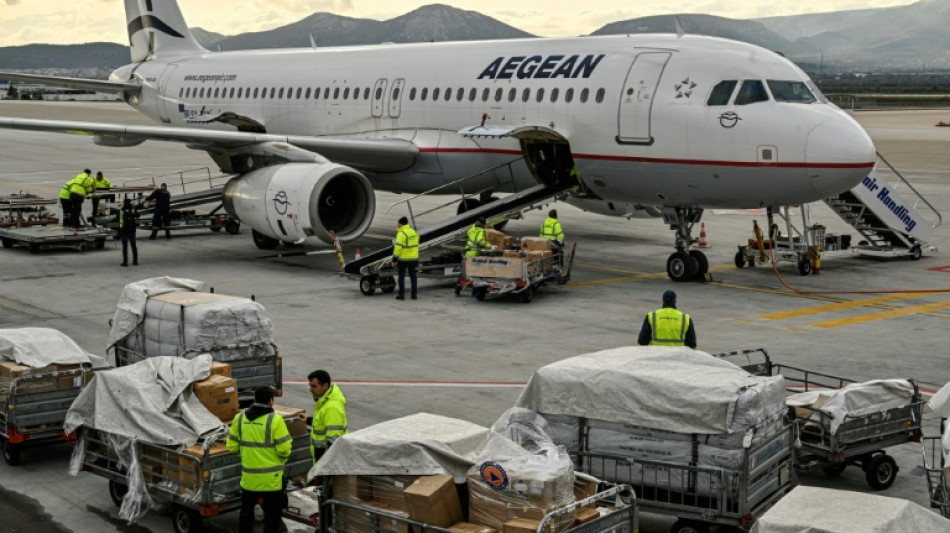
-
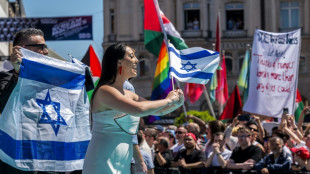 Parade, protests kick off Eurovision Song Contest week
Parade, protests kick off Eurovision Song Contest week
-
Forest owner Marinakis says Nuno row due to medical staff's error

-
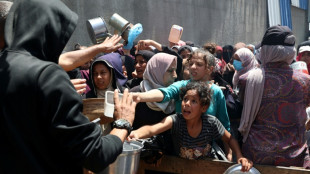 Hamas officials say group held direct Gaza ceasefire talks with US
Hamas officials say group held direct Gaza ceasefire talks with US
-
Zelensky offers to meet Putin in Turkey 'personally'
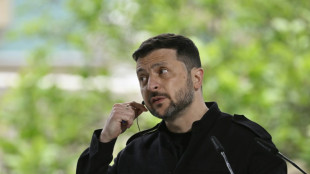
-
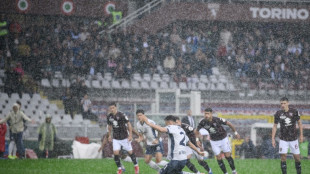 Inter beat Torino and downpour to move level with Napoli
Inter beat Torino and downpour to move level with Napoli
-
'Not nice' to hear Alexander-Arnold booed by Liverpool fans: Robertson
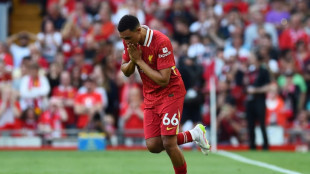
-
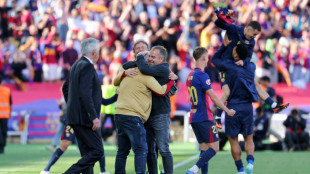 'We'll defend better next season': Barca's Flick after wild Clasico win
'We'll defend better next season': Barca's Flick after wild Clasico win
-
Trump urges Ukraine to accept talks with Russia
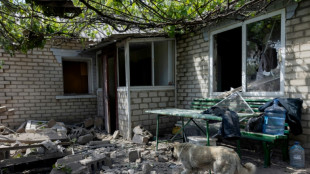
-
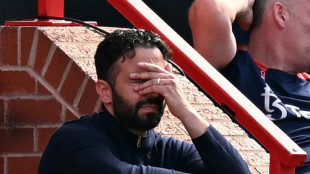 Amorim warns Man Utd losing 'massive club' feeling after Hammers blow
Amorim warns Man Utd losing 'massive club' feeling after Hammers blow
-
Complaint filed over 'throat-slitting gesture' at Eurovision protests: Israeli broadcaster
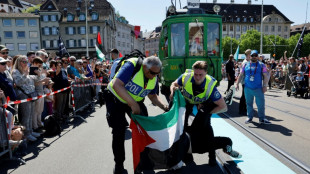
-
 Newcastle win top-five showdown with Chelsea, Arsenal rescue Liverpool draw
Newcastle win top-five showdown with Chelsea, Arsenal rescue Liverpool draw
-
Departing Alonso says announcement on next move 'not far' away
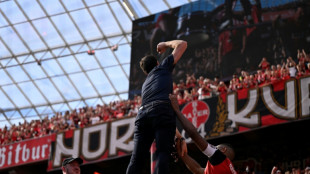
-
 Arsenal hit back to rescue valuable draw at Liverpool
Arsenal hit back to rescue valuable draw at Liverpool
-
Pakistan's Kashmiris return to homes, but keep bunkers stocked
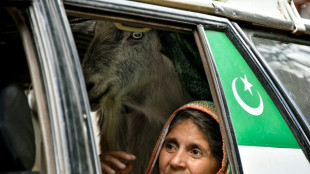
-
 Postecoglou hopeful over Kulusevski injury ahead of Spurs' Europa final
Postecoglou hopeful over Kulusevski injury ahead of Spurs' Europa final
-
Washington hails 'substantive progress' after trade talks with China
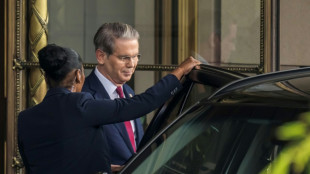
-
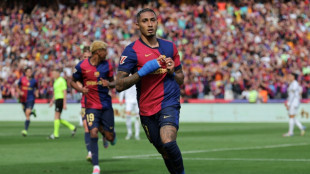 Barca edge Real Madrid in thriller to move to brink of Liga title
Barca edge Real Madrid in thriller to move to brink of Liga title
-
Albanians vote in election seen as key test of EU path
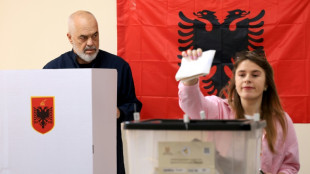
-
 Forest owner Marinakis confronts Nuno after draw deals Champions League blow
Forest owner Marinakis confronts Nuno after draw deals Champions League blow
-
Dortmund thump Leverkusen to spoil Alonso's home farewell

-
 Pedersen sprints back into Giro pink after mountain goat incident
Pedersen sprints back into Giro pink after mountain goat incident
-
Zverev cruises into Rome last 16, Sabalenka battles past Kenin
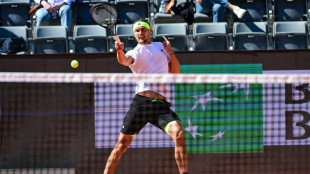
-
 Newcastle win top-five showdown with Chelsea, Forest held to damaging draw
Newcastle win top-five showdown with Chelsea, Forest held to damaging draw
-
Iran says nuclear talks 'difficult but useful', US 'encouraged'
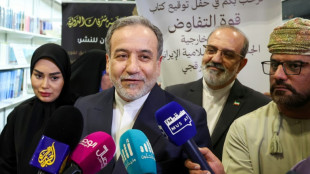
-
 Zarco first home winner of French MotoGP since 1954
Zarco first home winner of French MotoGP since 1954
-
Taliban govt suspends chess in Afghanistan over gambling
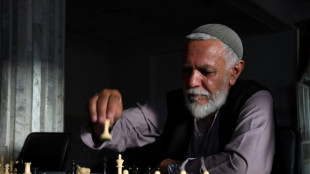
-
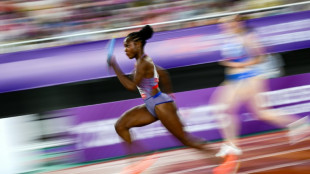 Eduan, Simbine shine at world relays
Eduan, Simbine shine at world relays
-
Washington 'optimistic' amid trade talks with China
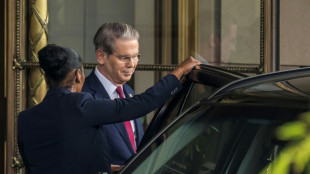
-
 Tonali sinks 10-man Chelsea as Newcastle win top five showdown
Tonali sinks 10-man Chelsea as Newcastle win top five showdown
-
Ukraine says will meet Russia for talks if it agrees to ceasefire
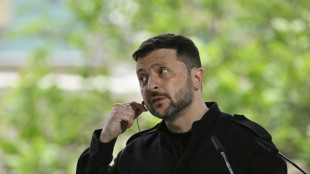
-
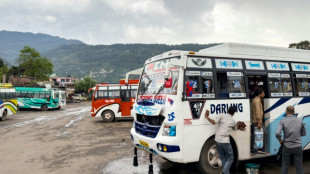 India's worst-hit border town sees people return after ceasefire
India's worst-hit border town sees people return after ceasefire
-
Pope Leo XIV warns of spectre of global war in first Sunday address
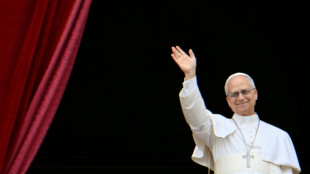
-
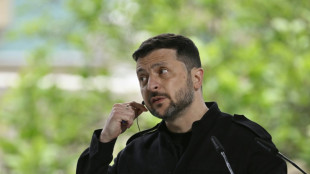 Ukraine says will meet Russia for talks if Moscow agrees to ceasefire
Ukraine says will meet Russia for talks if Moscow agrees to ceasefire
-
Sabalenka battles past Kenin and into Rome last 16

-
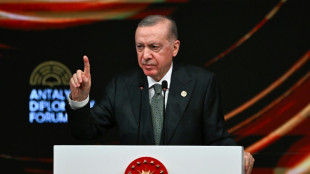 Erdogan says efforts to end Ukraine war at 'turning point'
Erdogan says efforts to end Ukraine war at 'turning point'
-
Pope Leo XIV calls for peace at St Peter's prayer
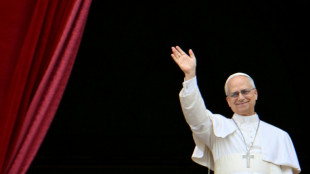
-
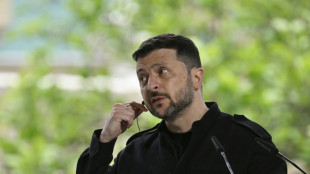 Ukraine will meet Russia for talks if Moscow agrees to ceasefire
Ukraine will meet Russia for talks if Moscow agrees to ceasefire
-
India, Pakistan ceasefire holds after early violations
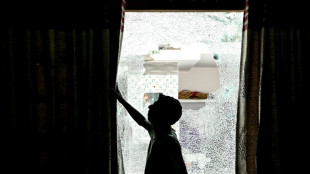
-
 Herbert seals Asian Tour win with final-hole heroics
Herbert seals Asian Tour win with final-hole heroics
-
Catholics gather to catch glimpse of Pope Leo XIV at St Peter's prayer
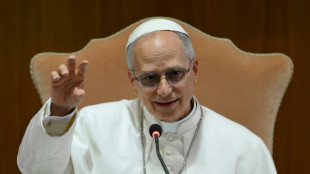
-
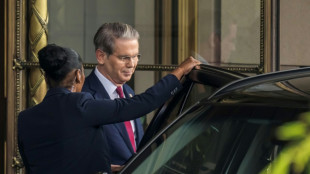 US-China talks resume as Trump hails 'total reset' in trade relations
US-China talks resume as Trump hails 'total reset' in trade relations
-
Ukraine ready for Russia truce talks, Zelensky says
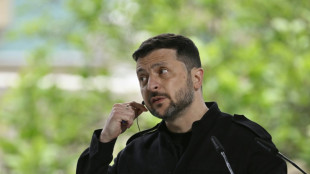
-
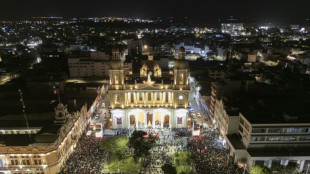 Jubilant Peruvians celebrate new pope at mass in adoptive city
Jubilant Peruvians celebrate new pope at mass in adoptive city
-
Scottish refinery closure spells trouble for green transition
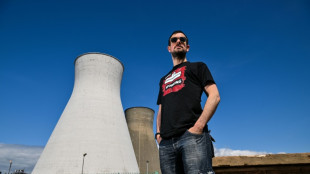
-
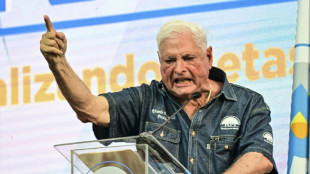 Convicted ex-Panama president Martinelli granted asylum in Colombia
Convicted ex-Panama president Martinelli granted asylum in Colombia
-
IPL chiefs in talks about restart following ceasefire: reports
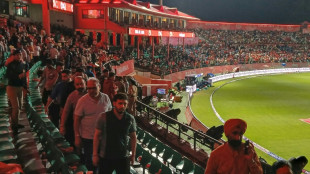
-
 Navarrete beats Suarez on technical decision to keep title
Navarrete beats Suarez on technical decision to keep title
-
Scans clear Wallabies fly-half Lolesio of serious back injury

-
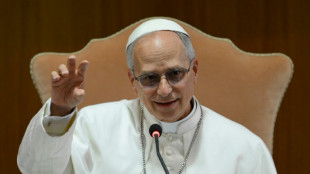 Leo XIV to address faithful with St Peter's prayer
Leo XIV to address faithful with St Peter's prayer
-
T-Wolves grab 2-1 NBA playoff series lead as Celtics get key win
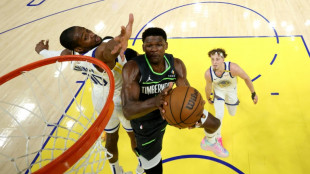

Greeks put politics aside to rush aid to Turkey
Aimilia Balta's mother fled Turkey after a vicious war with Greece a century ago but it has not stopped the elderly Greek donating clothes for the thousands left homeless by the deadly earthquake there.
"People are cold, so we do what we can" to help, Balta -- whose mother survived the Greek-Turkish war of 1922 -- told AFP as she left bags of woollens and overcoats at the town hall of a northern Athens suburb.
Thousands of Greeks have responded to calls for aid to quake-hit Turkey, reviving memories of how a spontaneous outpouring of help after a similar disaster in 1999 brought the squabbling neighbours together when they seemed to be on the brink of war.
At the Athens offices of the Red Cross, sleeping bags, blankets, milk cans and boxes of medicine are piling up, the organisation's spokesman Konstantinos Gavriilidis said.
A convoy carrying 40 tonnes of aid left earlier Friday, he told AFP.
"A nationwide appeal was launched two days ago... and the response was immediate and abundant," Gavriilidis said.
The Greek government has separately sent 80 tonnes of medical and first aid equipment.
The 7.8-magnitude tremor has claimed the lives of some 22,000 people in Turkey and Syria.
NATO allies Greece and Turkey have a history of rivalry that goes back centuries.
Balta told AFP that her mother never returned to her home city of Izmir after 1922, and she cannot bring herself to do so either.
"It's too sad, I don't want to go back," she said, vowing to return on Monday with more clothes.
The regional rivalry has been exacerbated by territorial and energy disputes and by Turkish President Recep Tayyip Erdogan's recent bombastic threats of invasion, which Athens attributes to his difficult re-election campaign.
But the two countries that lie on seismic fault lines also have a tradition of helping each other in quake emergencies.
Greece was among the first European countries to send rescue workers and humanitarian aid on Monday, a few hours after the disaster.
"We must make all our forces available to Turkey," Greek Prime Minister Kyriakos Mitsotakis said on Monday.
A day later, he tweeted in Turkish: "Greeks and Turks are fighting side by side, together to save lives."
On Wednesday, a second aircraft carrying firefighters, engineers and doctors left Greece.
Local authorities, trade unions, NGOs and civil society initiatives have also called for donations.
Greek mobile phone companies Vodafone and Cosmote have meanwhile announced calls to Turkey will be free.
- 'Solidarity is alive' -
"Solidarity is alive in these difficult times," Simos Roussos, the mayor of a northern suburb of Athens, said in a Facebook post as he announced local aid collection areas.
"The public reaction is to be expected," Fotini Tsibiridou, a professor of social anthropology at the University of Macedonia in northern Greece, told AFP.
Greeks "want to give their support because they are moved by the drama that contrasts with the political rhetoric of division and rivalry," she said.
Greek TV channels are running rescue operation footage live from the disaster zone, reflecting the nation's own quake concerns.
A video showing Greek rescuers pulling a child from the rubble in the quake-stricken Turkish region of Hatay has been shared tens of thousands of times.
Greece lies on major fault lines and is regularly hit by earthquakes, but high casualties are less common. The worst killed 476 people on the Ionian islands of Zakynthos and Cephalonia in August 1953.
In 1999, three years after the two countries nearly went to war over an uninhabited islet in the Aegean Sea, two deadly earthquakes struck Turkey and Greece within a month of each other.
- Quake diplomacy -
A 7.6-magnitude earthquake in Izmit near Istanbul on 17 August, 1999 killed over 17,000 people. It was followed on September 7 by a 5.9-magnitude earthquake near Athens that left 143 dead.
A thawing of relations overseen by Greek and Turkish foreign ministers George Papandreou and Ismail Cem, accompanied by closer economic, tourism and trade ties, was later dubbed "earthquake diplomacy".
But analysts note that the present situation is very different from that of the 1990s.
"In 1999 Turkey had a more European orientation. Today Erdogan plays the card of tension with Greece to galvanise his electorate ahead of presidential elections," said Antonia Zervaki, of the University of Athens.
Tsibiridou is sceptical on that front.
"Once the impact of this tragic event is over, it will be easy to return to the highly nationalistic and divisive policy" pursued by Ankara, she said.
P.Silva--AMWN